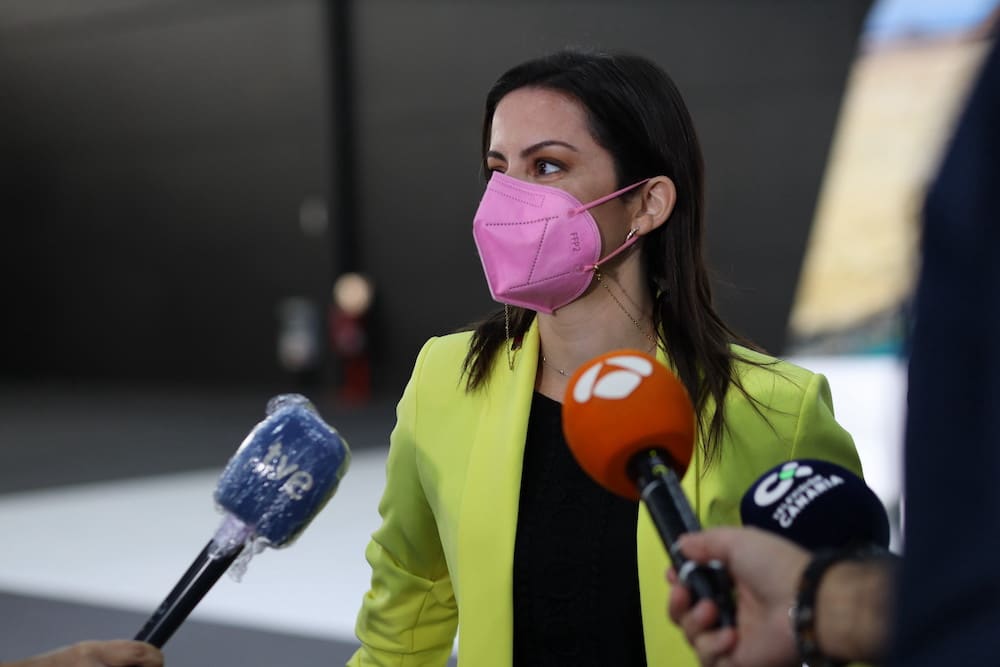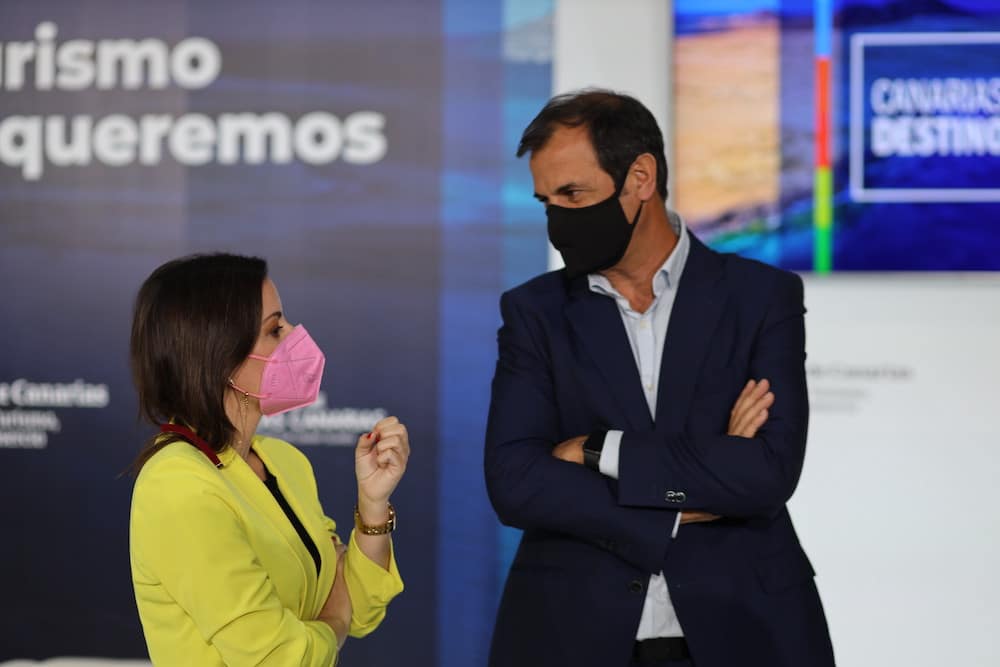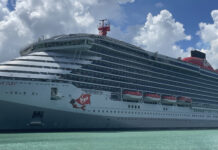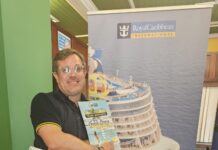
The Ministry of Tourism, Industry and Trade of the Government of the Canary Islands has presented the Destination Canaries strategy, which will redefine the tourism model of the islands over the next three years. The project involves access of all economic sectors of the Islands through technology to tourists, allowing them a more authentic and sustainable experience.
This transformation of the current economic model of the Archipelago will facilitate the development of the local economy as well as the improvement of the tourism product through the connection of companies in the primary, industrial and trade sectors with tourism companies, and these companies with tourists.

The Minister of Tourism, Industry and Trade of the Government of the Canary Islands, Yaiza Castilla, and the managing director of the public company Turismo de Islas Canarias, José Juan Lorenzo, presented the plan at an event held in person at Infecar and broadcast by streaming, in which 1,229 people registered to watch the presentation of this shared transformation strategy to face the changes of post-Covid tourism. The plan will be achieved through collaboration between the public and private sectors, which will allow administrations and companies to cooperate and build a new ecosystem that is more sustainable, resilient and competitive, generating more value for the destination.
Yaiza Castilla stressed that the Canary Islands will be the first autonomous community to lead this digital transformation in tourism. “Our goal is to promote the boosting of the Islands’ economy through the consumption of local supply and to provide local economic agents with a direct connection to tourists. Technology will be our great ally in improving the experience of our visitors,” he explained. All this without forgetting the essential health safety of the destination required by the current crisis caused by Covid, and on which the Canary Islands has been working from the beginning.
The Councilor for Tourism emphasized the starting point in which the destination finds itself right now, with the pandemic as a decisive element and the fight against climate change as an unavoidable challenge. “The best response for the millions of people who will return to the islands in the near future is to make the tourism product visible throughout the entire value chain, through a platform that develops a business model similar to that of global operators. We do not want to replace them; we want to join them and offer a different alternative to our economic fabric and our visitors.”
During the meeting, experts from the private and public sectors shared their views on the future of tourism in the Canary Islands, since, as Yaiza Castilla said, “in the face of this imperative challenge of maintaining the competitiveness of the destination, co-governance, public-public and public-private collaboration are more necessary than ever, on whose technology we will rely on and adopt the rules of open organisations.”
The Keys to the New Model
To develop the Destination Canaries strategy, the Managing Director of Canary Islands Tourism, José Juan Lorenzo, explained that the existing talent in Canary Islands society will be involved, and that new business models of digital platforms will be adopted, through the deployment of technological capabilities such as Smart Cities, Artificial Intelligence or the Internet of Things (IoT).
The design of the strategy will focus on maximizing the exchange between suppliers and tourists through a series of components. The first of these, is a Smart Destination Platform that will have a network of Internet of Things (IOT) sensors, which will allow data to be taken from the real world (weather, environmental parameters or the concentration of visitors in the main tourist spots, among other aspects).
This data will in turn feed the second pillar of this strategy, the Sustainable Marketplace, which will allow tourism companies to find the entire supply of products from the primary, trade and industrial sectors, along with the necessary logistics and professional services. In addition, it will feature the differentiating element of being able to certify to its tourist clients the degree of local consumption of its product, as well as the measurement of the carbon footprint and its degree of circularity.
This Sustainable Marketplace will be joined by the Digital Tourism Channel, “which will be the instrument for Canary Islands tourism companies to market their products and services directly to tourists,” added Lorenzo. To this end, a Digital Channel (App and Web) will be developed between the destination and the tourist to enable the selling of these activities.




